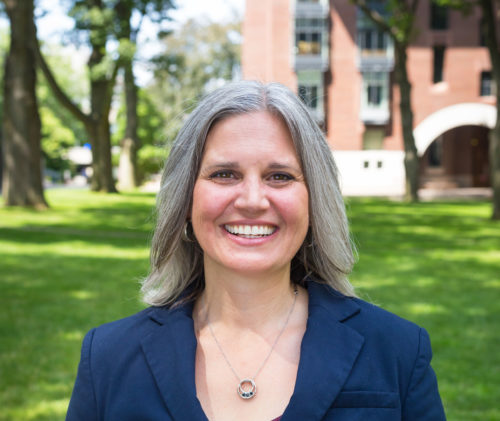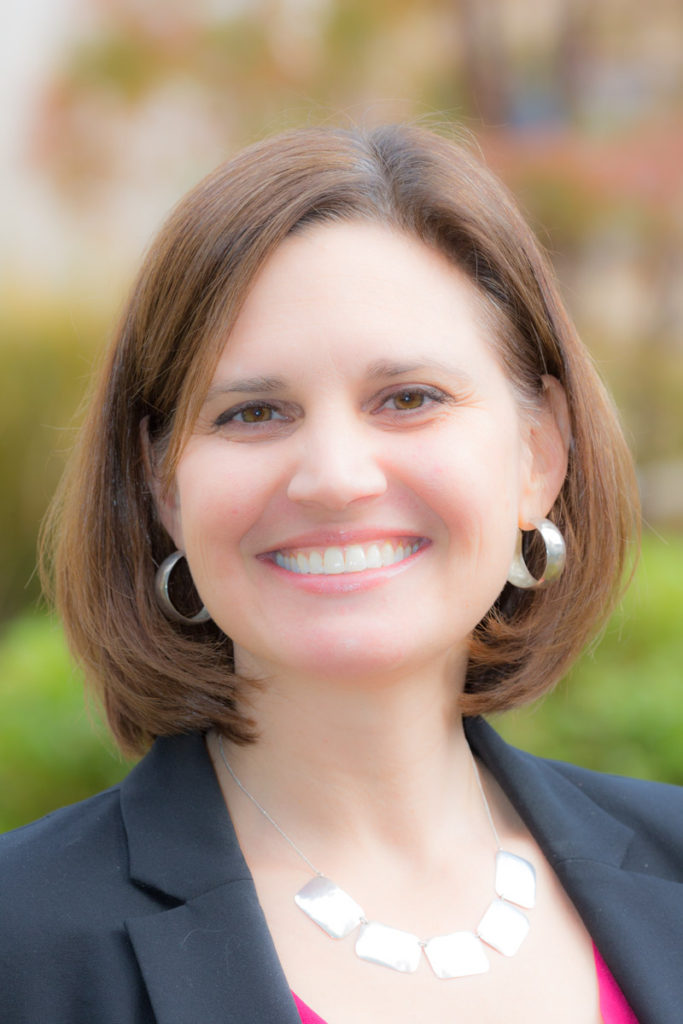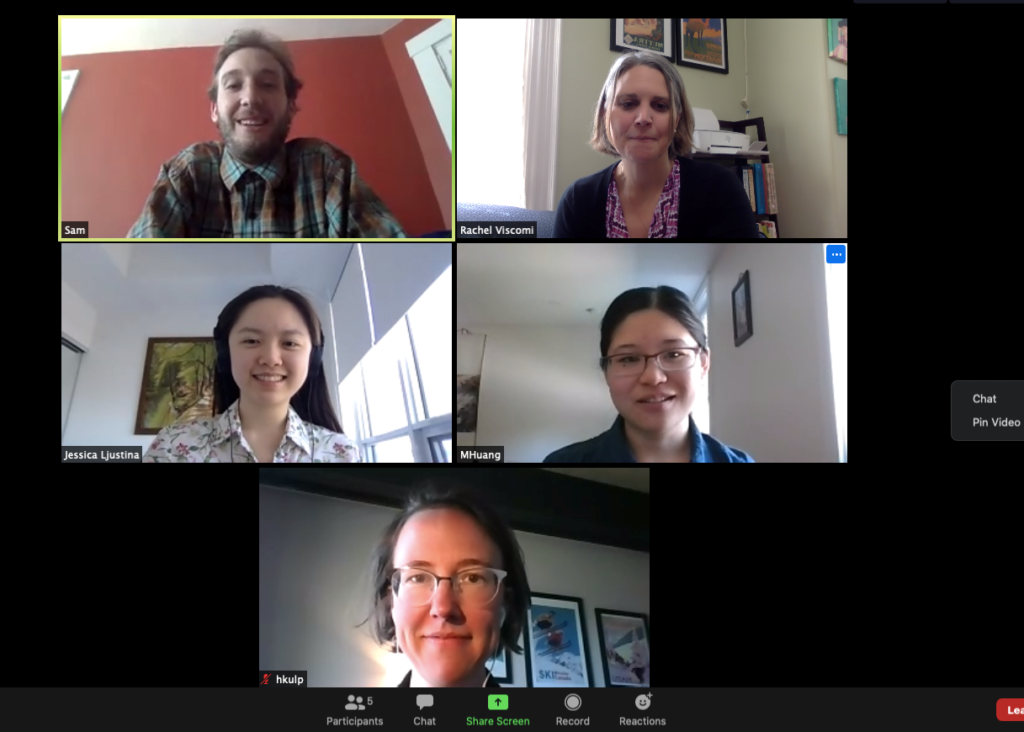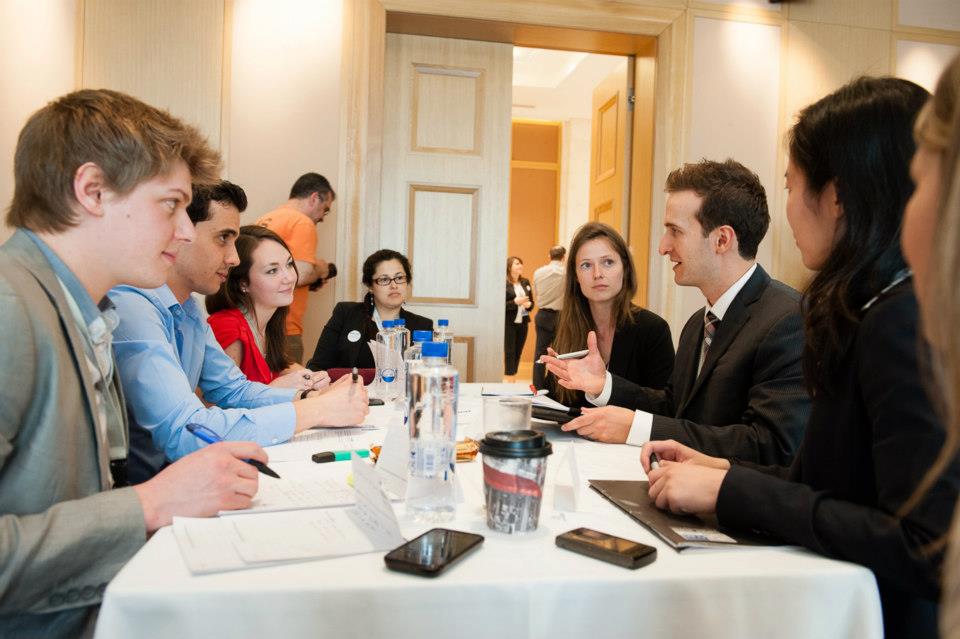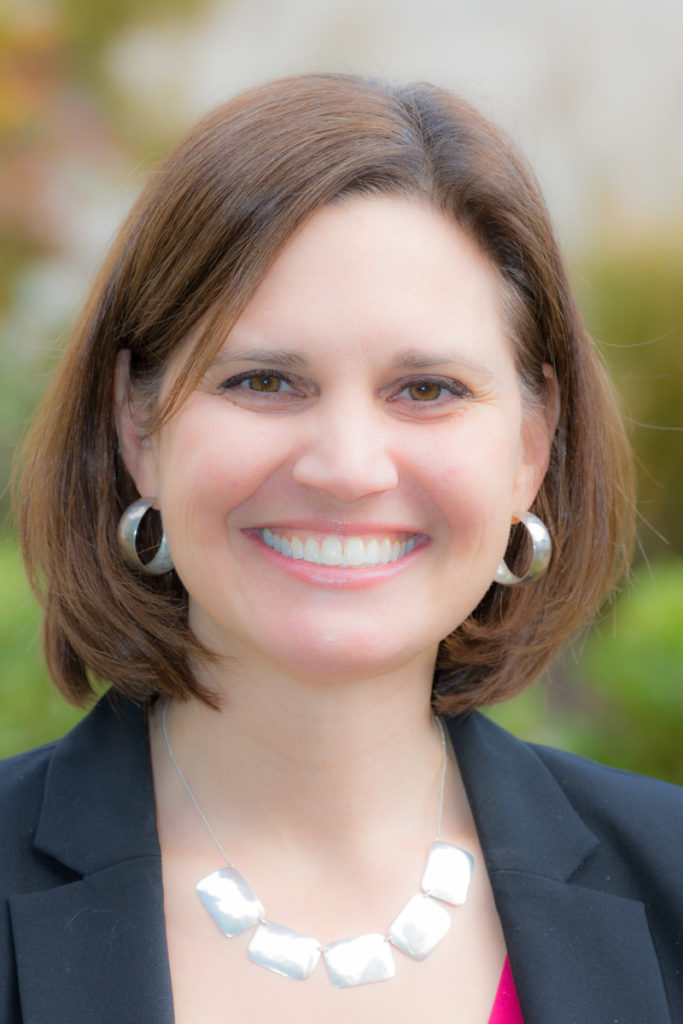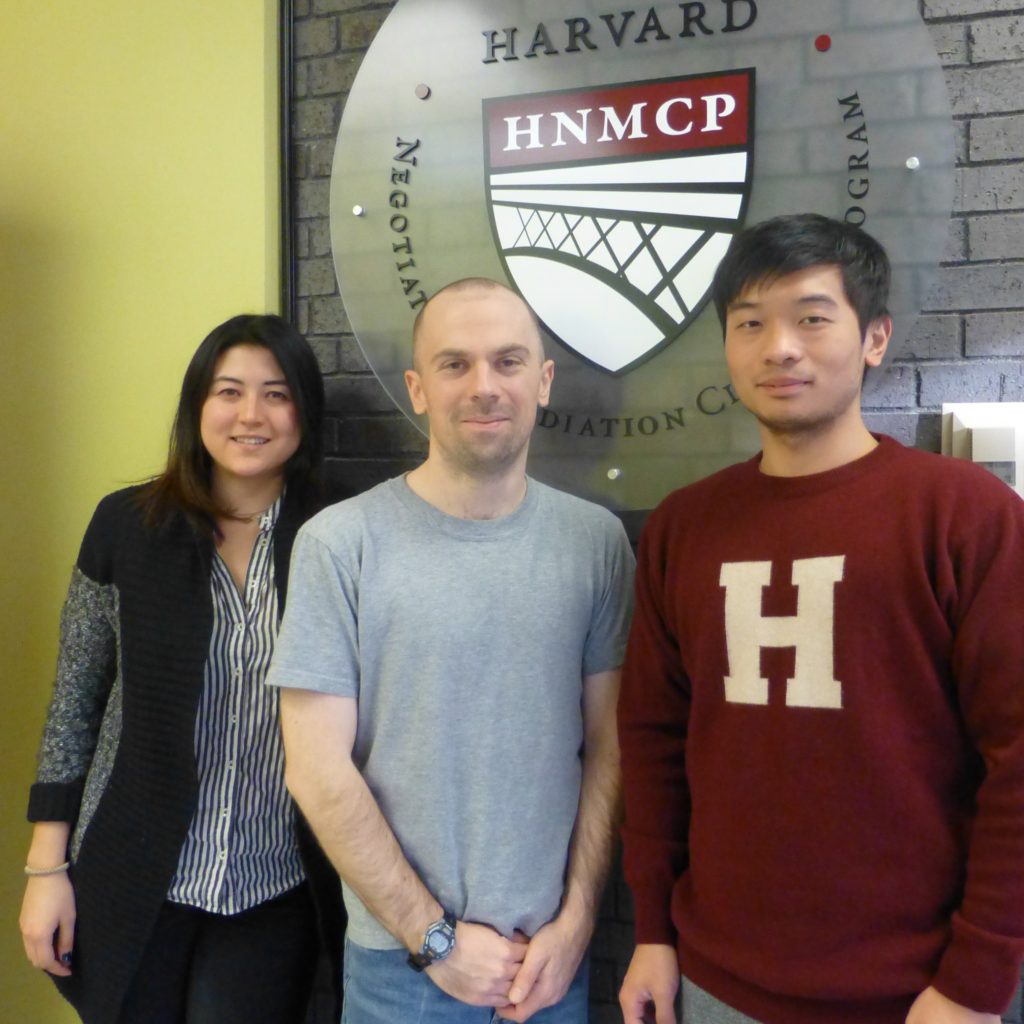By Elaine McArdle
This article first appeared in the Harvard Law School News

“I got what I believe is the best practical training and clinical experience in mediation available, and I got to make a lasting positive difference in dozens of lives while still a student,” says Seibel, who went on to co-found and serve as president of the conflict management firm Insight Partners and the non-profit Insight Collaborative, in Boston. “For me, HMP is about passionate trainers, proven pedagogy, extensive real-world supervised experience in both mediation and teaching alternative dispute resolution.”
Seibel, who also teaches an executive education program through the HLS Program on Negotiation, was one of about 85 HMP alumni and friends—including Massachusetts state court magistrates and assistant clerk magistrates—who returned to HLS this month to celebrate the program’s three decades of service. HMP, which has included more than 700 students over the years, was founded in 1981 by Karen Faulkenstein Green ‘81 with the encouragement of Judge John C. Cratsley, an associate justice in the Massachusetts Superior Courts who was her instructor in a clinical course on community courts that he continues to teach today.
The April 9 celebration “was really joyful,” says Maureen “Mo” Griffin, HMP’s administrator, who staffs the program along with Attorney Michael Steinberg, the advanced case coordinator, and Pril Ellis, a clinical psychologist who supervises HMP members including clinical students enrolled in the mediation course taught by David A. Hoffman ‘84 . “It just felt like a very sincere celebration.”
HMP provides mediation services in about 200 cases a years: in small claims courts, between tenants who live in public housing, between landlords and tenants, and in a pilot program in juvenile court in Boston. Close to 50 HLS student members go through its intensive, 32-hour training program each year, learning comprehensive theory and skills for effective mediation. Unique among HLS Student Practice Organizations, HMP also includes volunteer community members who are trained: some serve as court liaisons and oversee the student work in small claims court. There are currently about 50 active community members, Griffin says.
In small claims courts, for example, magistrates offer litigants the opportunity to have HMP mediate their disagreements. Students then work with the parties to try to reach an agreement; if successful, they draft a settlement agreement that has the full weight of the court behind it. If mediation doesn’t work, the parties can return to small claims court for a hearing. The process works in a similar way at housing authorities, which manage public housing.
Beginning in August, the HNMCP will welcome Rory Van Loo ’07 as Assistant Director. Part of his mission will be to work with HMP to expand its offerings and to help build the program for its next 30 years.
Mediation is often far more satisfying than litigation because the parties devise their own solution to their conflict, “so both sides might feel it’s more fair,” says Liz Bailey ’12, incoming co-president of HMP along with David Zins ’12. Parties also have the opportunity to air their grievances, which busy magistrates often can’t offer. And, Bailey adds, “You also often have a chance to preserve relationships. Often parties haven’t talked to each other since the initial problem, but used to be friends or business associates. This allows them the potential to fix that.” In the best outcomes, she notes, “People walk out shaking hands. They’re happy.”
Bailey says she joined HMP as a 1L because her mother is a mediator, and because she was drawn by the dynamic presentation on alternative dispute resolution to admitted students by Clinical Professor of Law Robert C. Bordone ‘97, Director of the HLS Negotiation and Mediation Clinical Program, which is associated with HMP. Zins also joined HMP as a 1L.
“HMP, and alternative dispute resolution generally, attracted me as a complement to the traditional, more litigation-based curriculum in the law school,” Zins says, adding, “I also liked the idea of working to help real people resolve their real disputes, even in the first months of my law school career.” His cases have included helping tenants living in close quarters resolve “misunderstandings and annoyances” that didn’t’ rise to the level of legal claims, he says. “HMP’s involvement in their lives helped them find a solution that led to mutual betterment of their situation. The legal system simply could not have achieved this result for them.”
Both Bailey and Zins say that the HMP community is a very friendly one, which has enhanced their HLS experience. “We are a somewhat self-selected group, in that HMPers tend to be agreeable peacemakers,” Zins says. “This can be a refreshing contrast from the Socratic tension of the typical law school classroom.” He also enjoys working with the community volunteers who give him a tie to the broader world outside HLS.
Judge Cratsley, who teaches the popular Judicial Process in the Community Courts clinical course, through which HLS students serve as clerks in Boston-area courts, gave opening remarks at the HMP event. Certificates of appreciation were presented to representatives from the six area small-claims courts—in Quincy, Brookline, Cambridge, Chelsea, Roxbury and Malden—that participate in the program, with a special nod to Quincy, the first court to offer HLS students the opportunity to mediate small claims disputes.
The anniversary event emphasized the benefits of resolving conflicts outside of court, Bailey says. “The diversity of the group [at the celebration] really showed how far-reaching the program has been and how many people it’s touched,” she says.
For Seibel, HMP has had profound impact. It was through HMP that he met his business partner, Patrick McWhinney HDS ’98, with whom he co-founded his conflict resolution company (McWhinney was a Harvard Divinity School student cross-registered in a mediation course taught by Professor Frank E. A. Sander ’52.)
“I am indebted to HMP, and to all the people who have made it thrive for 30 years, for their central role in shaping my life,” Seibel says. “I like to think that through my work as a conflict management professional in the private and public sectors, I am in my small way helping to extend the reach of the Harvard Mediation Program around the world.”

